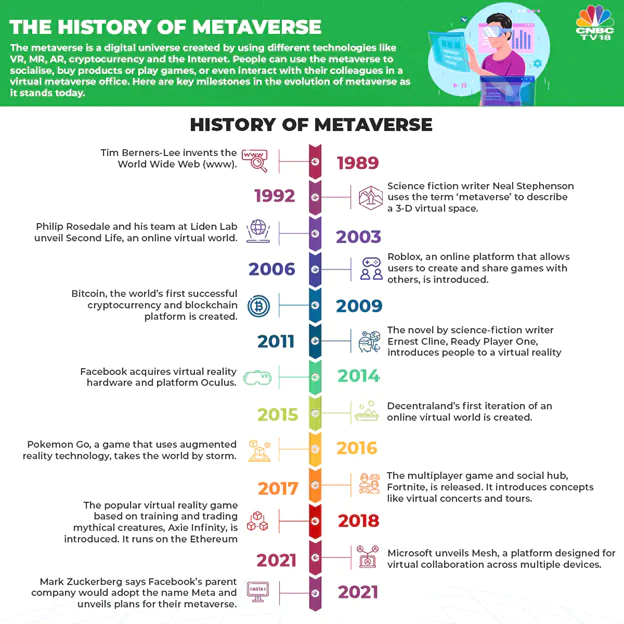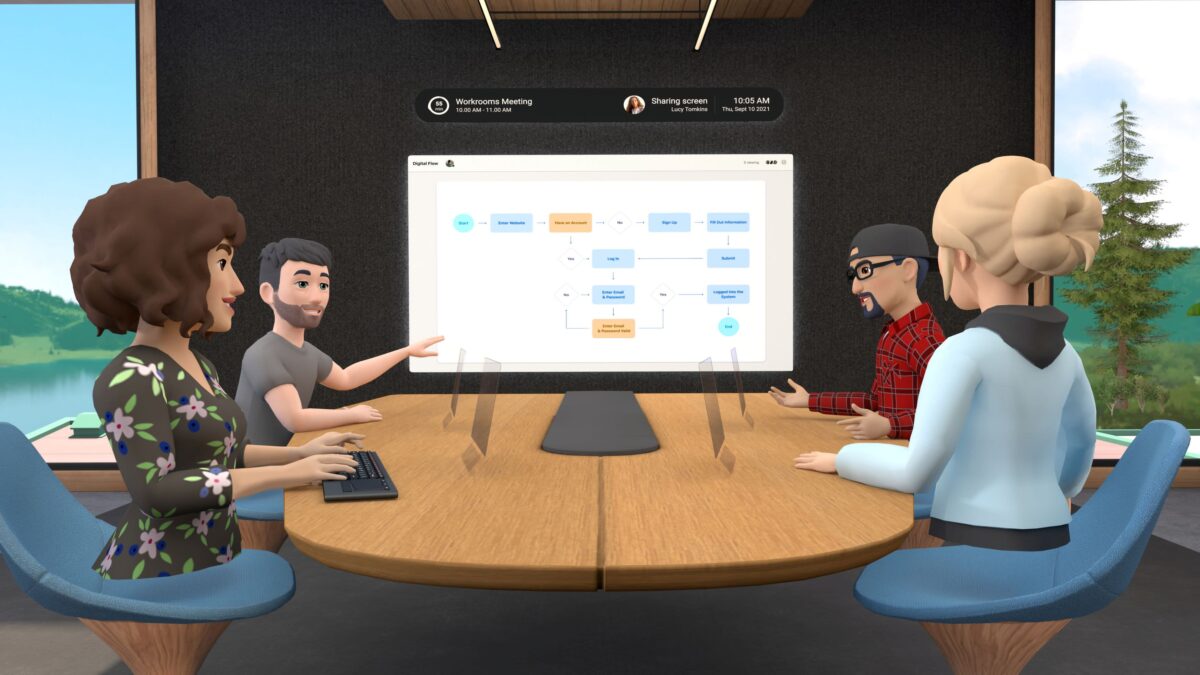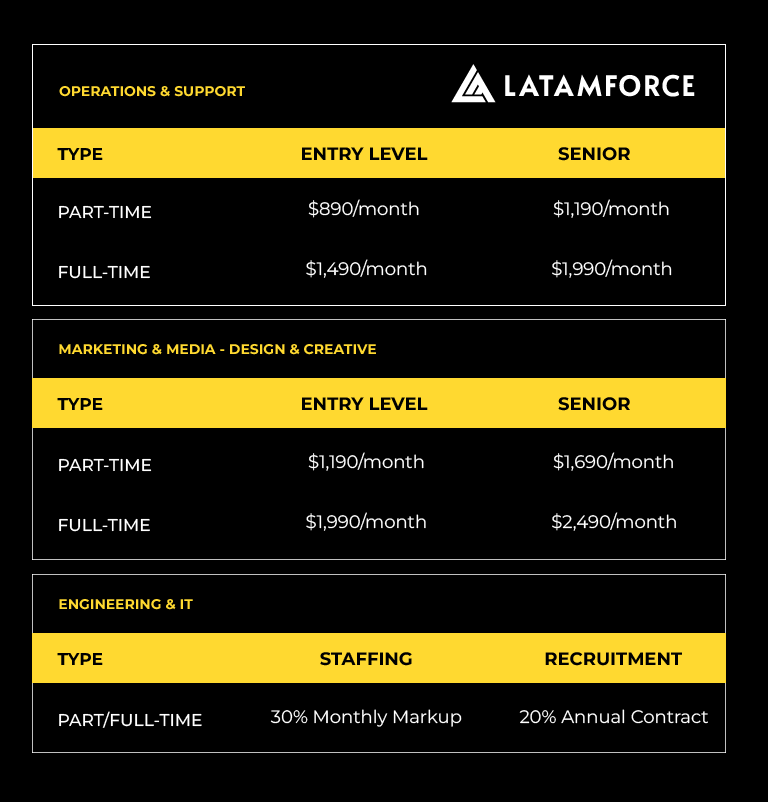Let’s Talk Remote Metaverse
Recent world events such as the global pandemic has caused a massive shift in how we work.
Remote work and online communication have been increasingly normalized and Zoom and other video conferencing and collaboration tools have transformed corporate dynamics. This transformation has the potential to go even further. Mark Zuckerberg, Founder and CEO of Meta, promises that the Metaverse will be the biggest game changer, enabling new ways of working; the so-called “Virtual offices” will greatly change the relationships between employees and companies in the coming years.
If it does succeed, the question of hybrid work will no longer be about the division of home and work, but about achieving a balance between the virtual world and the physical world.
First things first, What is Metaverse?
A metaverse is a virtual shared space, typically created by the convergence of multiple virtual reality systems. It is a collective virtual shared space, created by the convergence of multiple virtual reality systems. The term can also refer to the collective virtual shared space, created by the convergence of multiple virtual reality systems.

What does Remote Work mean in the Metaverse world?
Remote work refers to the practice of working from a location other than a traditional office, such as a home office or a co-working space. The concept of a metaverse will be used as a platform for remote work, allowing individuals to interact with each other and conduct meetings and other business activities in a virtual shared space.
This could potentially allow for greater flexibility and collaboration among remote workers, and could potentially be used as a tool for companies to facilitate communication and collaboration among distributed teams.
It is difficult to predict the exact future of the metaverse, but it is likely that the concept will continue to evolve and become more widely adopted in the coming years. One potential use of the metaverse is as a platform for remote work, as mentioned above. It could also be used for education, training, entertainment, and socialization.
As virtual reality technology improves and becomes more widely available, the metaverse will become an increasingly popular platform for a wide variety of activities. It will eventually become a mainstream platform for communication and interaction, similar to how the internet is used today. However, it is important to note that the development of the metaverse will depend on advances in technology, as well as societal adoption and acceptance of virtual reality.
Metaverse Future
According to research by Bloomberg Intelligence, the Metaverse market could reach around $800 billion in 2024 versus nearly $500 billion in 2020, representing a compound annual growth rate of just over 13%.
Small companies are looking to join the bandwagon with this new technology that has a huge potential to change the way we do work and business. If it catches on, this could completely revolutionize how we spend our time online.
Businesses are constantly looking for ways to grow and evolve and are often willing to take risks with new opportunities. Virtual Reality is no exception. Supporting their ventures in the Metaverse could lead to some really beneficial long-term strategies, such as opening up new markets.
The Future of Our Lives is Here, and it is called the “Metaverse”
For more information contact us, we are here to help you every step of the way, taking your business to the next level of success, and being well in tune with what is expected in the near future.





